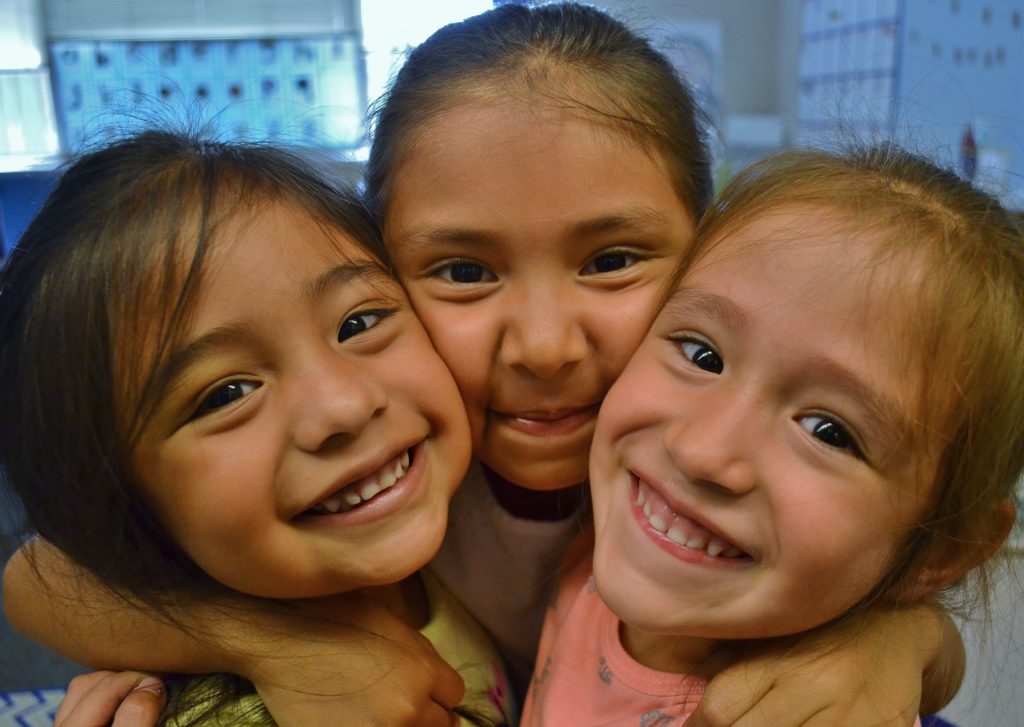By Donna Lowry, Ready for School
A healthy and economically vibrant community depends on meeting the real-time needs of families.
Early learning and child care professionals know this well. They partner with working parents and caregivers to provide children the early learning experiences they need for a strong start in kindergarten and life.
Prior to COVID-19, access to quality child care was limited because the demand exceeded capacity.
Locally, there are only nine child care centers that offer infant care. On average, families encounter an 18-month waitlist for quality infant and toddler care.
When COVID-19 hit, the business of child care took a hit, more severe than in the 2008 recession.
Unlike a decade ago, our community has the early childhood network in place to support the people who are in the business of child care. But there is more to be done.
Helping early learning organizations sustain their businesses is an essential part of beginning to safely reopen the economy. With over 65 percent of Ottawa County families having both parents in the workforce, quality child care is an investment in community infrastructure to support family-centered progress.
To help address this, our community’s public-private early childhood network is paying attention to the business needs in child care – for business owners, working parents, and children.
“High-quality child care settings do more than care for children; they educate, teach social-emotional skills, and foster brain development during the most critical time of child development,” said Tami Mannes, director of early childhood services at the Ottawa Area Intermediate School District.
Both State of Michigan and federal financial relief have been made available. On March 18, the State of Michigan expanded capacity for disaster relief child care services. The intention of this order was to expand child care capacity for the essential workforce. The Ottawa Area Intermediate School District, in cooperation with state and local partners, is working to support the Executive Order (2020-16)
through Help Me Grow-Ottawa, to support essential workers’ efforts to find child care during this time.
Last week, The Child Care Relief Fund was announced. The program goal is to help child care business owners stay in business and make quality child care more affordable for Michigan families. The application is simple and only takes 10 minutes. Child care providers can apply at www.michigan.gov/childcare.
Leading – especially in times of crisis – means seeing beyond the immediate future to anticipate the next three, four, or five obstacles. To this end, the community is collaborating to understand emerging needs, strengthen the child-care sector, and improve families’ access to high-quality early learning programs.
Communities grow and strengthen with shared care and resilience. Now more than ever it is important for small children to dream BIG. This is essential for the health and economic vibrancy of our community.
Donna Lowry, MD, is president/CEO of Ready for School. She joined the organization after being a volunteer physician member of the medical task force. Her leadership role involves collaborative team building to ensure that there is a trusted community conduit for system access for all families with young children.
Questions about the Child Care Relief Fund in Michigan?
Contact: The Great Start to Quality Western Regional Resource Center at (877)614-7328 or Child Development and Care Department at (866)990-3227. If you have something to share, contact Ready for School, info@readyforschool.org
This Week’s Sustainability Framework Theme
Community Knowledge: The collective knowledge and energy of the community is an incredible resource that must be channeled to where it is needed.
ABOUT THIS SERIES
Living Sustainably is a collection of community voices sharing updates about local sustainability initiatives. It is presented by the Holland-Hope College Sustainability Institute, a joint project of Hope College, the City of Holland and Holland Board of Public Works. Go to www.hope.edu/sustainability-institute for more information.




